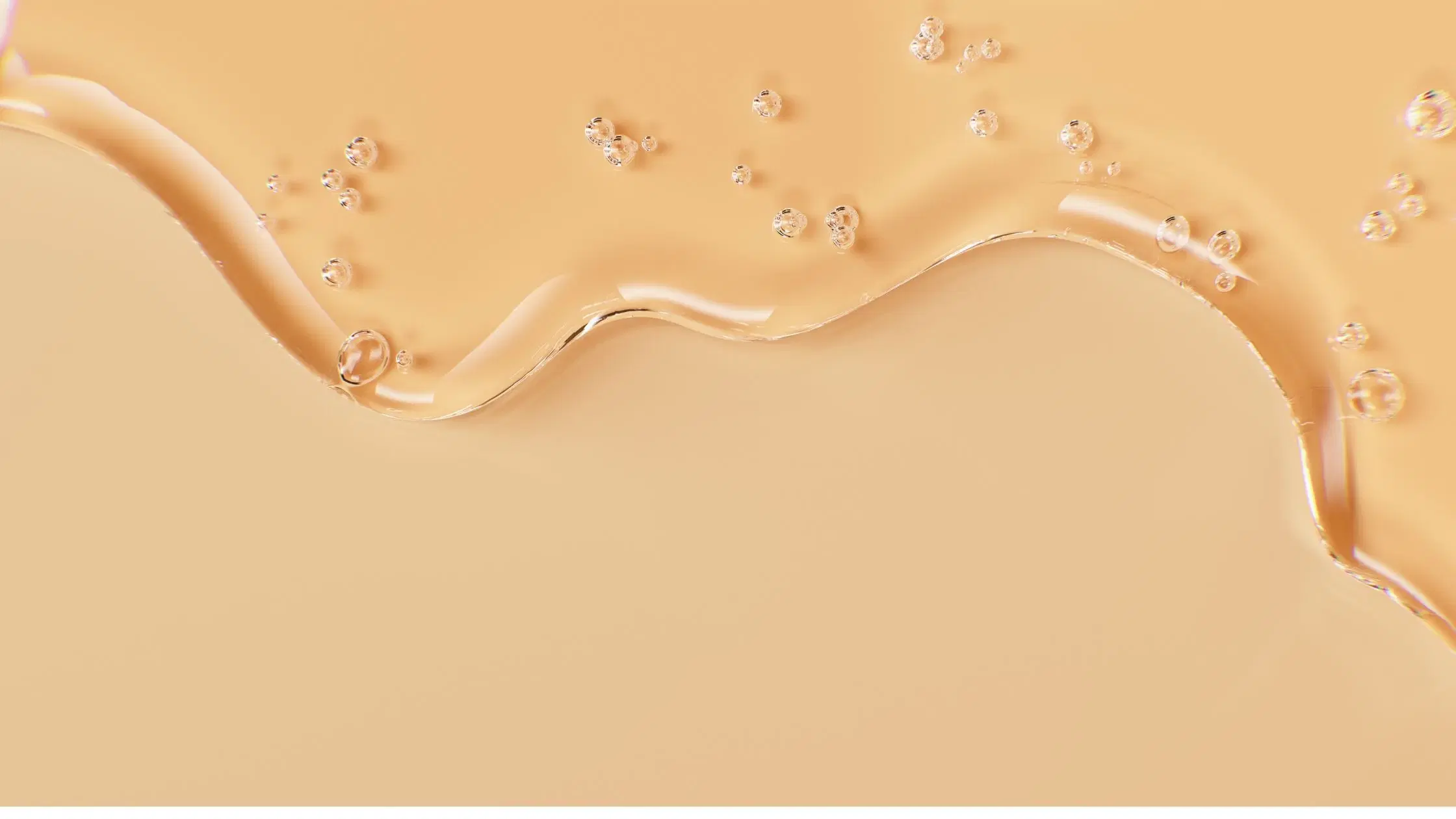
Beauty & Skincare
•04 min read
-9872eb55-9af0-4022-8644-bd8f05e8333e.png&w=3840&q=75)
When it comes to hair care, deciding between hydrating and moisturizing conditioners can transform your routine. This guide explains the difference between a hydrating conditioner and a moisturizing conditioner, and shares how each product can elevate your hair care regimen. Whether you favor a deep conditioning treatment or a lightweight leave-in conditioner, this article will clear the mist surrounding the best choice for your hair type.
Hair conditioners are carefully designed to boost the health and appearance of your hair. A quality hair conditioner improves texture, boosts manageability, and nourishes from root to tip. There are several types on the market including hydrating conditioner that adds water content to parched strands, moisturizing conditioner that locks in essential moisture, leave-in conditioner for daily care, and deep conditioning treatments perfect for even the most damaged or curly hair. These products work by smoothing the hair cuticle, reducing frizz, and replenishing vital nutrients to strengthen each strand.
Your hair faces many challenges each day, from heat styling to environmental stressors. Conditioners replenish lost moisture, strengthen hair fibers and protect against future damage. Options such as a conditioner for dry hair or a conditioner for damaged hair ensure that even the most delicate strands receive the love they need.
A hydrating conditioner focuses on adding water content to dry or brittle hair. It boosts softness, improves elasticity, and revives lifeless hair. On the other hand, a moisturizing conditioner works to seal in hydration, preventing water loss and locking in the benefits of previous treatments. This method is especially useful for managing frizz and protecting hair against environmental damage. The key differences are clear: hydrating conditioners provide the necessary water content while moisturizing conditioners ensure that the moisture stays locked into your strands.
For example, when your hair feels parched, you might opt for a hydrating conditioner. If your hair starts feeling more frizzy or lifeless over the day, a moisturizing conditioner can help maintain the hair’s natural shine and softness. Whether you are using a sulfate-free conditioner or a natural hair conditioner, understanding these differences can help elevate your head-turning hair care routine.
Pro Tip: Know Your Hair’s Needs Before You Shop
Did you know? Hydrating conditioners are perfect for restoring water content to dry hair, while moisturizing conditioners are better for maintaining hydration over time. If your hair feels brittle, start with hydration; if it feels frizzy, focus on moisture.
-5ba1f1f6-995b-4617-a1ff-43890351cff7.png&w=3840&q=75)
Different hair types have distinct needs. For those with dry hair, a combination of hydrating and moisturizing conditioners can work wonders. Look out for products marked as a conditioner for dry hair or consider a deep conditioning treatment designed specifically to restore health to fragile strands. Damaged hair benefits from formulas enriched with nourishing ingredients such as keratin or argan oil, ensuring that a conditioner for damaged hair addresses breakage and restores shine.
Curly hair, naturally prone to dryness and tangles, requires a careful balance of hydration and moisture. A conditioner for curly hair that is both a hydrating conditioner and a moisturizing conditioner can help maintain soft, defined curls. Meanwhile, natural hair can benefit from a natural hair conditioner that uses botanical ingredients to cleanse and revitalize without weighing down each lock.
Choosing the right ingredients is essential to achieve the benefits of your conditioner. Hydrating conditioners often include key components such as glycerin, which attracts moisture into the hair, aloe vera that not only hydrates but also soothes the scalp, and hyaluronic acid known for locking in water molecules for that soft feel. On the flip side, moisturizing conditioners typically feature shea butter that seals in moisture and adds a natural shine, argan oil that protects against environmental stress, and coconut oil to strengthen hair strands and prevent water loss.
For those with sensitive scalps or color-treated hair, consider a sulfate-free conditioner. This type of conditioner cleanses gently, ensuring that natural oils are preserved while optimizing hydration and moisture. With choices available like a hair conditioner suitable for every need, you'll be empowered to select products that genuinely care for your hair.
Integrating the right conditioners into your daily routine can lead to noticeable improvements in hair health. For everyday refreshment, a leave-in conditioner provides lightweight hydration and moisture that lasts throughout the day. Apply it on clean, damp hair so that every strand gets the support it needs. Similarly, a weekly deep conditioning treatment offers intensive care that is ideal for restoring tired or over-styled hair, giving your locks the boost to recover and shine.
Along with these treatments, consider pairing your conditioner with other complementary products. A combination of a sulfate-free shampoo and a matching conditioner can provide a balanced regimen that fights dryness and damage while celebrating the unique texture of your hair. Whether your focus is on a hydrating conditioner or a moisturizing conditioner, integrating these steps will ensure your hair remains as healthy and vibrant as you feel every day.

Hydrating conditioners add water content to the hair, while moisturizing conditioners seal in moisture to keep it from escaping.
Yes, using both can benefit hair that is both dry and damaged as they work together to restore and protect your hair's natural balance.
Sulfate-free conditioners are gentler, making them ideal for maintaining hydration without stripping natural oils.
For curly hair, a conditioner that delivers both hydration and moisture—often found in leave-in conditioners and deep conditioning treatments—is most effective.
A deep conditioning treatment is best used once a week to help repair and refresh damaged or particularly dry hair.
Understanding the nuances between hydrating and moisturizing conditioners can help you choose the right product for your specific hair needs. Hydrating conditioners add water to your hair while moisturizing conditioners work to lock in that hydration for lasting benefits. By incorporating these products thoughtfully into your routine alongside sulfate-free options, you can enjoy healthier, shinier locks. Dive into the world of conditioners tailored to your hair and embrace the vibrant, healthy style that defines your unique identity.